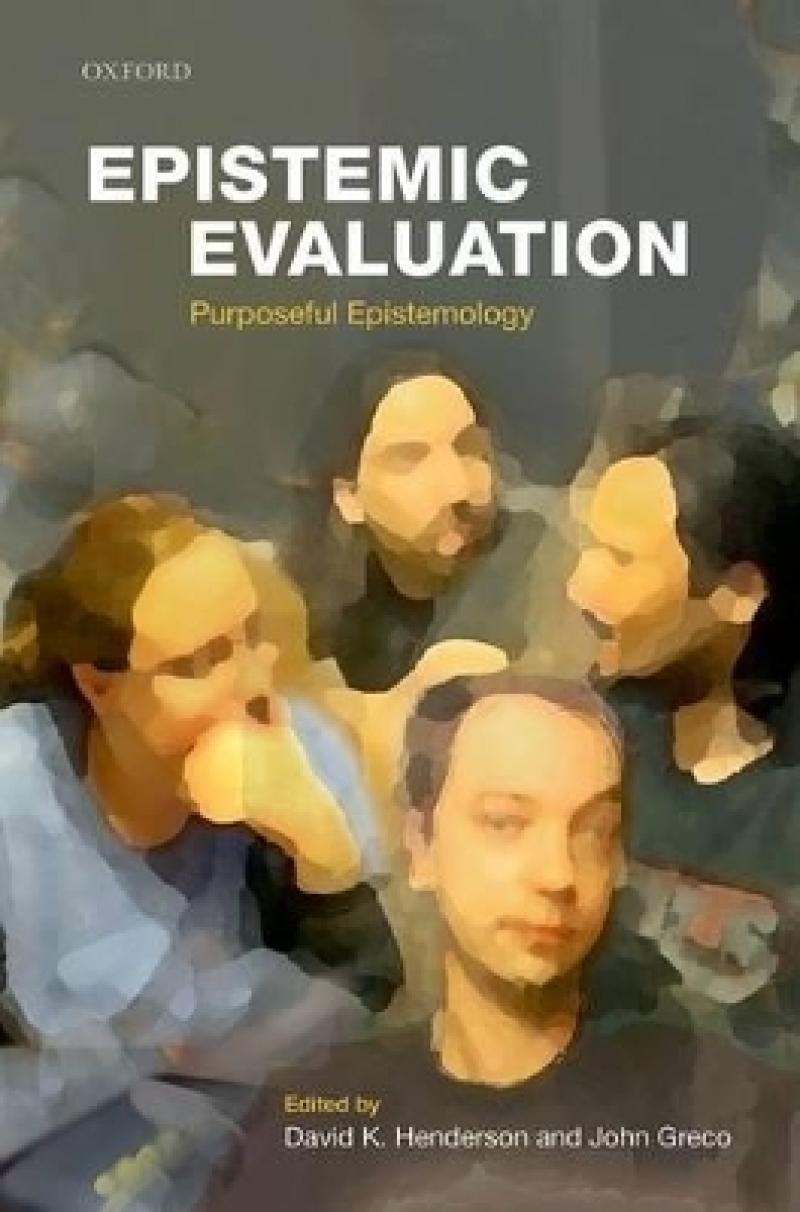This volume shows a way to do post-Gettier epistemology. ... In addition to casting light on the nature, purpose and value of epistemic evaluation, purposeful epistemology also facilitates progress on a variety of epistemological issues, such as the relationship between knowledge and practical reasoning, the semantics of knowledge ascriptions and the internalism/externalism debate. This is not to suggest that purposeful epistemology is the only method epistemologists should use. But it is, as the editors point out, 'an important an underappreciated item in the toolbox' (3). I highly recommend this book.
Michael Hannon, Analysis
